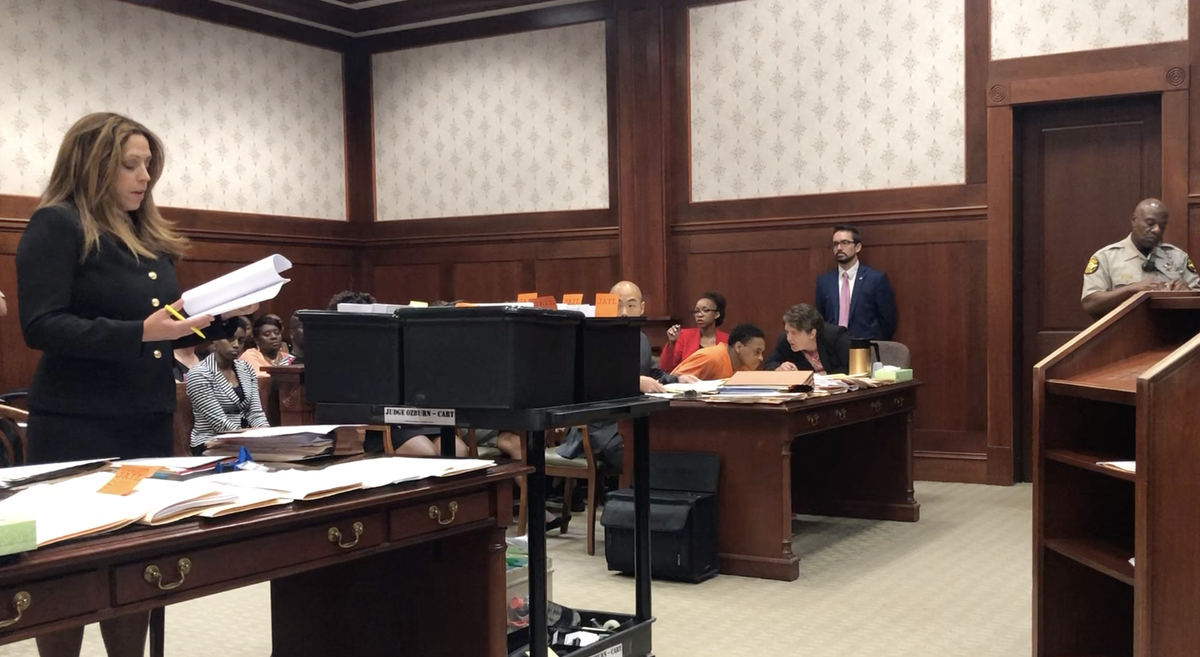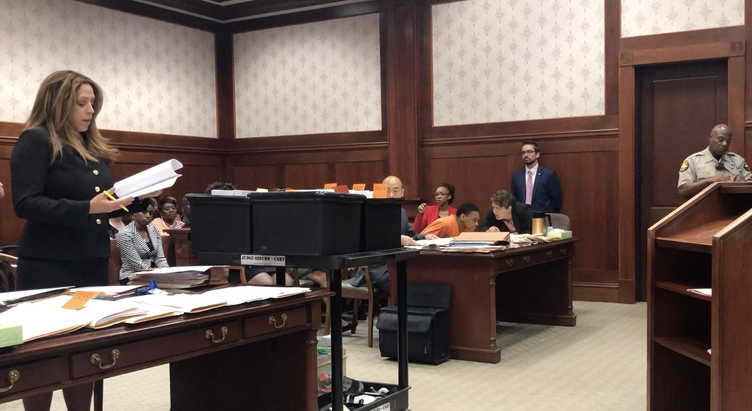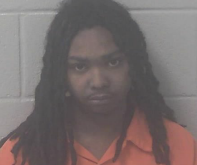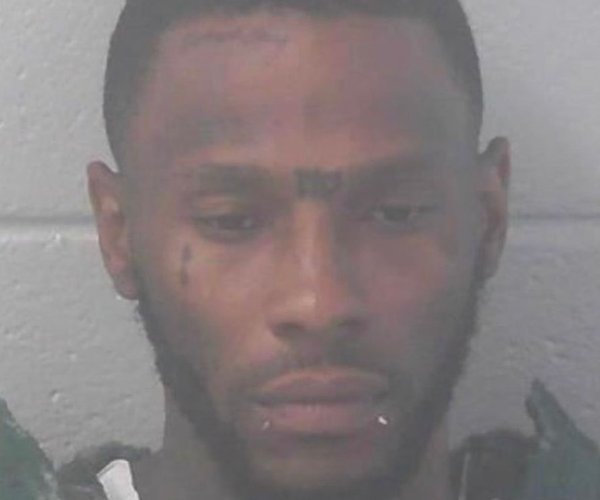COVINGTON, Ga. — A former Covington resident will continue to spend life in prison without parole after the state Supreme Court upheld his conviction for the shooting murder of a man who gave him a ride home in 2016.
The state Supreme Court today, Sept. 28, announced it upheld the conviction of Antavian Mintonio Love on charges of shooting and killing restaurant manager Enrique Trejo in June 2016 when Love was 16 years old.
Justices wrote they were not convinced by Love’s assertions he was unlawfully denied a chance to contact his mother or an attorney; the evidence did not support a sentence of life in prison without parole; and that evolving standards did not support such a sentence for a juvenile, according to an opinion released by the Georgia Supreme Court.
Love is being held in Smith State Prison in Tattnall County, according to Georgia Department of Corrections records.
A Newton County Superior Court judge sentenced him to life in prison without the possibility of parole in July 2017 for the murder of Trejo.
Then-District Attorney Layla Zon said it was the harshest sentence under the law for a juvenile offender.
Georgia Supreme Court justices wrote in their opinion that Love is “in the narrow class of juvenile murderers for whom a life without parole sentence is proportional” under the Eighth Amendment which prohibits cruel and unusual punishment.
“We conclude that the record evidence the trial court carefully laid out in great detail supports its determination that Love was irreparably corrupt,” the justices wrote.
Trejo had worked for 25 years at El Charro Mexican Restaurant in Covington before being approached by then-16-year-old Love and two other boys at a Shell gas station at Ga. Hwy. 36 and Covington Bypass.
According to a summary of events in the Court’s opinion, a juvenile occupant of the vehicle testified Love had asked if they wanted to walk with him to eat at McDonald’s.
The boy testified Love had approached Trejo at the gas station to ask him to give Love and two juveniles a ride home. While traveling, Love asked Trejo to stop so he could locate a lost phone and, when Love got out of the vehicle, he pulled a pistol out of his pocket and shot Trejo multiple times.
He then dumped the victim’s body in a ditch on Lower River Road before stealing his SUV and leading officers on a high-speed chase into Brown Bridge Crossing subdivision before reaching a dead end.
Four occupants then fled on foot through a wooded area and Covington Police officers caught two of them, including Love.
A jury found Love guilty in April 2017 and Judge Samuel Ozburn sentenced Love to life without the possibility of parole in July 2017 on a charge of malice murder.
Love was denied a new trial in September 2019 and appealed to the state Supreme Court.
The Supreme Court opinion stated that Love does not dispute the evidence used to convict him in the case.
However, he argued that officers did not promptly give notice to his mother that he was being taken into custody as required by state law.
The justices said they disagreed with Love’s assertions he was not given a chance to contact his mother or an attorney; was not aware of the charges on which he was being detained “and the investigators’ method of questioning led him to believe they were trying to help him.”
They stated that a deputy and an investigator advised him of his right to confer with a parent or guardian during the investigation.
An interview was recorded and showed that Love stated that he understood and “initialed next to each right before signing the waiver-of-rights form.”
“He did not ask for his mother to be present, nor did he invoke his rights to remain silent or to have an attorney,” the opinion stated.
“At the conclusion of the interview, Love asked the officers not to tell his mother. When officers responded that they had to tell her, Love responded, ‘Damn, she’s going to be so disappointed, man.’”
It also stated Love asserted “the trial court erred in sentencing him to serve life in prison without the possibility of parole because the evidence did not support a finding that Love was irreparably corrupt.
“We are not persuaded,” they wrote.
It said Love had lied to administrators during his time at school, laughed at Trejo’s accent before killing him, threatened to kill the juveniles who witnessed the murder, refused to obey guards’ commands to stop fighting another inmate while incarcerated, and more.
“Thus, the trial court concluded that Love had shown a consistent disrespect for authority; that rehabilitation was not a realistic expectation; that Love’s crimes reflect that he is permanently incorrigible and irreparably corrupt; and that as a result, Love is in the narrow class of juvenile murderers for whom a life without parole sentence is proportional under the Eighth Amendment.”
Love also argued the “evolving standards of decency” in the U.S. and internationally “weigh against imposing such a sentence” of life without parole against a juvenile.
However, the justices said such policy matters should be left to the General Assembly rather than a court.











